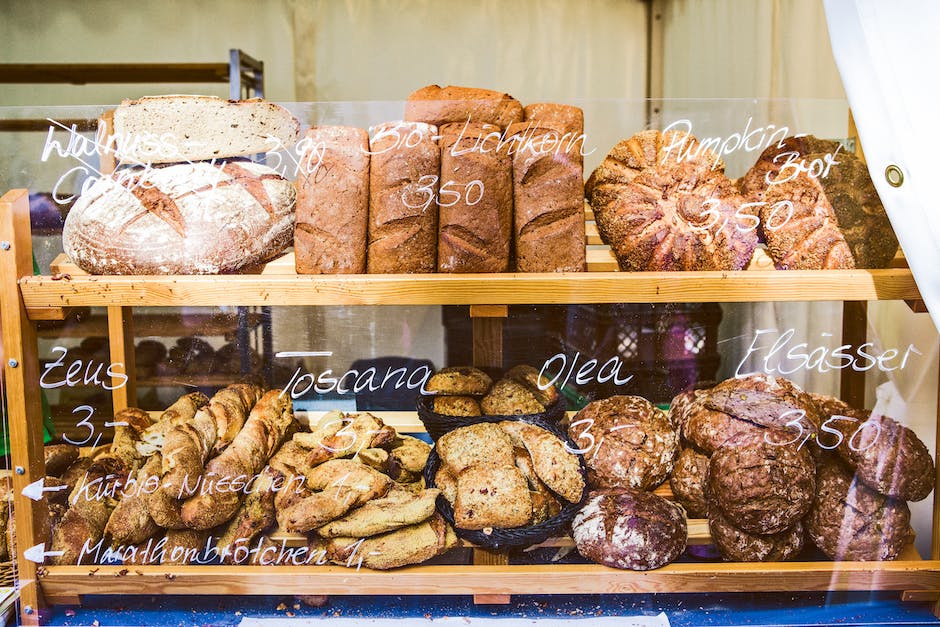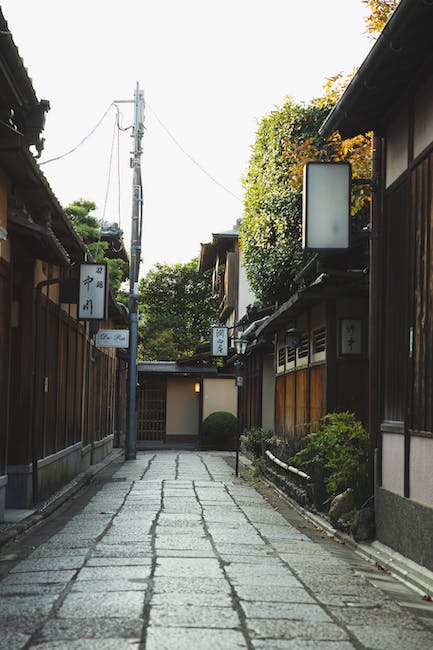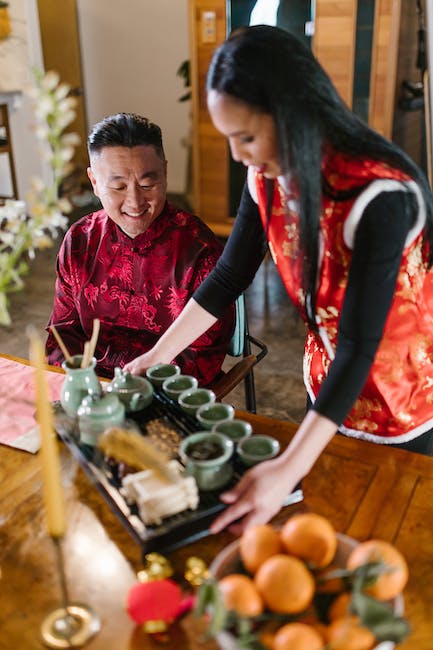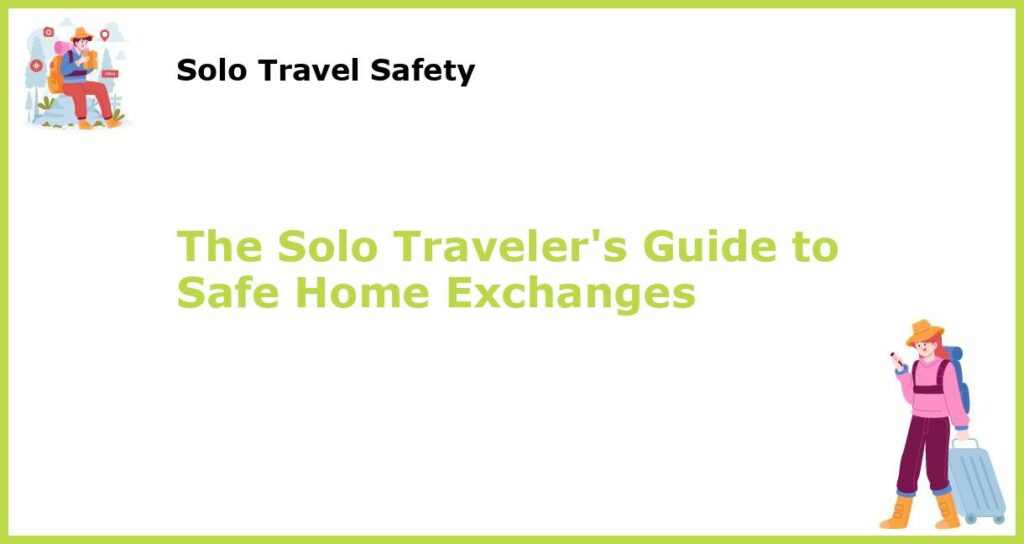Home exchanges have been around for a while, but they are becoming increasingly popular among solo travelers who want to experience new destinations like a local. Not only does it offer a more authentic experience, but it is also a cost-effective way of traveling that allows you to save money on accommodation. Essentially, home exchanging involves two parties, each allowing the other to stay in their home for a duration of time. It eliminates the cost of hotels or rentals, and lets you live like a local, shop at local markets, and experience the local culture.
How to Choose a Safe Home Exchange

Before committing to a home exchange, it’s important to do your research and choose a safe and reliable exchange partner. Look for reputable websites that offer verification and reference services to protect you from scammers. You may also want to ask for references from the partner with whom you’ll be exchanging homes. It’s a good idea to verify the authenticity of the references by contacting them. Additionally, it’s vital to ensure that the home you’ll be staying in is located in a safe neighborhood. Research the surrounding area and check if it has a low crime rate.
Communicating with Your Home Exchange Partner

Good communication skills are essential in ensuring a successful home exchange. Discuss expectations, house rules, and pet care needs ahead of time to avoid misunderstandings. If you have certain expectations or rules, be clear from the outset. This will avoid confusion and minimize chances of disagreements during the home exchange. Consider using a platform that allows you to communicate directly with your partner before and during the exchange, such as a messaging app or an email to avoid misunderstandings.
Securing Your Belongings During a Home Exchange

When exchanging homes, trust is a two-way street. It’s important to secure your belongings by taking valuable and irreplaceable items with you, or locking them away in a safe place. Inform your exchange partner about the items that you’d like them to keep an eye on while you’re away. Likewise, provide them with information on items in their home that you need to keep secure. The exchange partner should also ensure that their home is safe for you to stay in by locking all doors and windows and taking reasonable precautions.
What to Do in Case of an Emergency

Emergencies can happen at any time, and it’s important to be prepared. Exchange contact information with your partner in case of an emergency, and familiarize yourself with the location of the nearest hospital, embassy, or consulate. Take note of the contact details of any emergency services like the fire department and police department in the locality. Ensure that you have adequate travel insurance for medical help.
Exploring Your New Environment

A home exchange offers the perfect opportunity to explore and experience a new place like a local. Be sure to ask your partner for recommendations on local attractions, restaurants, and shops. Take time to experience the local culture by attending festivals, trying local food, and visiting museums. To learn more about the city’s culture, you can also consider attending cultural events, such as art exhibitions or music concerts.
Experiencing Cultural Differences

One of the benefits of a home exchange is the opportunity to experience new cultures firsthand. Keep an open mind when trying new things, and be respectful of cultural differences. For instance, if there are any religious customs that you need to abide by, be sure to learn about them before you arrive. This can help you avoid any cultural faux pas, and also help you blend in with the locals.
Creating Lasting Connections with Your Exchange Partner

A home exchange is not just about finding a place to stay; it’s also an opportunity to create lasting connections with people from different parts of the world. Share experiences, stay in touch, and consider hosting your partner in the future. If you enjoyed your home exchange and your partner did too, consider making it a tradition. It’s everyone’s chance to meet new people and experience new cultures while enjoying the comfort of staying in a home away from home.
Leaving Your Exchange Home in Good Condition

Remember that as a guest in someone’s home, it’s important to treat it with respect. Clean up after yourself, follow the house rules, and leave the home in the same condition as when you arrived. Make sure to clean up before you leave and replace everything where you found them. Leave a thank you note to appreciate their hospitality and leave suggestions on how to improve their home..
Considering Home Exchange Insurance

Consider purchasing home exchange insurance to protect yourself and your home from damages or accidents. Insurance can offer peace of mind and protect you from potential financial losses in case of theft or damage to your belongings. Ensure that the insurance policy you choose covers your exchange and its duration. Read the fine print to ensure that your home and any items in it are adequately covered.








 You might also be interested in those articles related to solo traveling
You might also be interested in those articles related to solo traveling